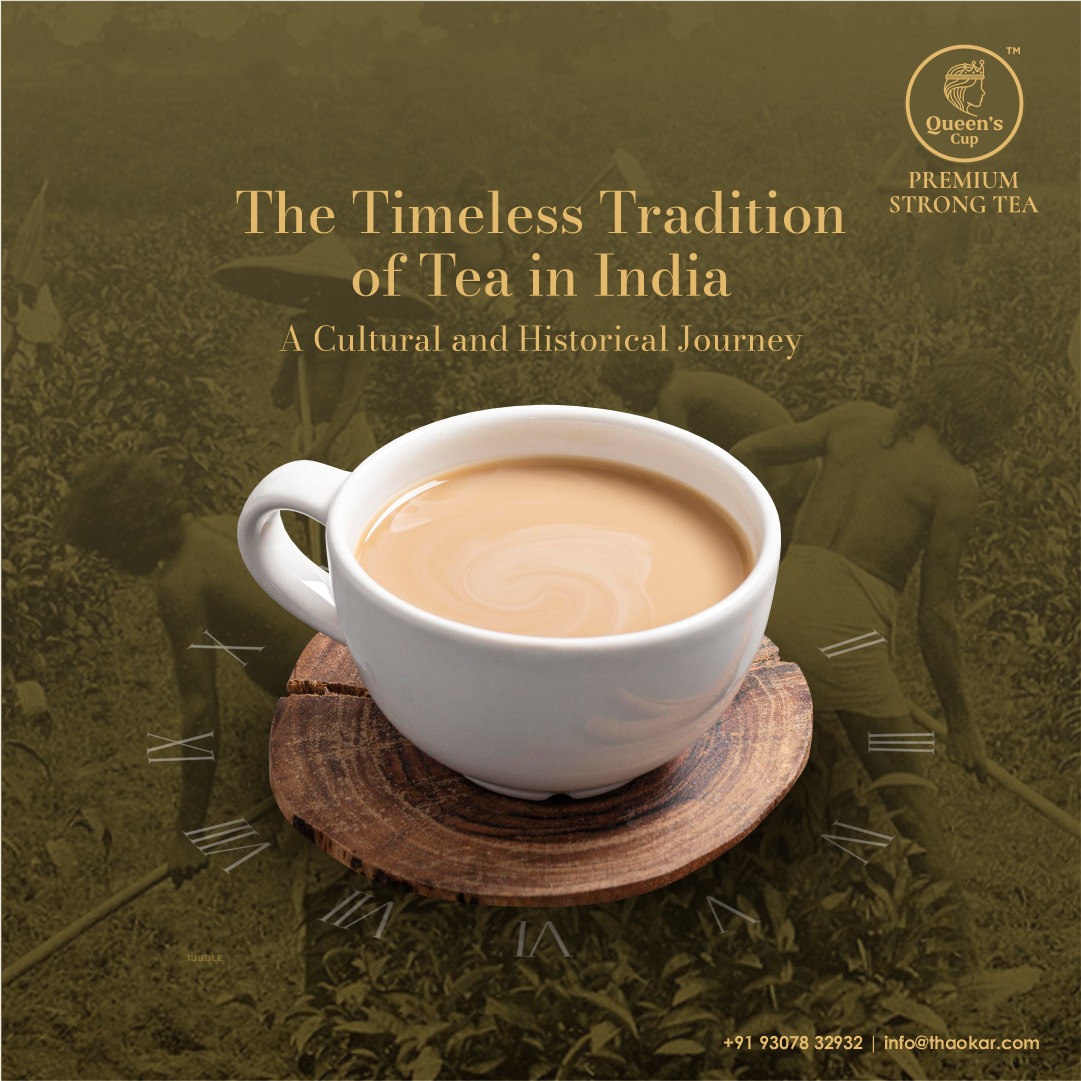India’s love affair with tea is more than a mere daily ritual; it’s a rich tapestry woven through centuries of history, culture, and tradition. As one of the largest tea producers and consumers globally, India’s tea story is both fascinating and deeply rooted in its social fabric.
The Origins of Tea in India
The story of tea in India began in the 19th century, introduced by the British colonists who were eager to break China’s monopoly on tea production. Initially grown in the lush landscapes of Assam, tea quickly spread to other parts of the country, including Darjeeling and Nilgiri, which have since become synonymous with high-quality tea.
The Tea-Producing Titans
Assam: Known for its bold, malty flavor, Assam tea is grown in the northeastern state of the same name. This region, with its tropical climate and rich soils, produces the largest quantity of tea in India. The teas here are strong and brisk, perfect for a robust cup of chai.
Darjeeling: Often referred to as the “Champagne of Teas,” Darjeeling tea is prized for its delicate flavor and floral aroma. Grown in the foothills of the Himalayas, the tea estates here produce a variety of teas across different seasons, each with its unique character.
Nilgiri: Situated in the southern part of India, the Nilgiri hills produce teas that are fragrant and brisk, with a bright liquor. This region is known for its scenic beauty and the unique terroir that imparts a distinctive flavor to its teas.
Chai: The Heartbeat of Indian Tea Culture
In India, chai is more than just a beverage; it’s an integral part of daily life. This spiced tea, made with a blend of black tea, milk, sugar, and various spices like cardamom, ginger, and cinnamon, is consumed by millions across the country. Chai is served in homes, offices, and by roadside vendors known as chaiwallahs, who brew it fresh for eager customers throughout the day.
Tea Houses and Modern Cafes: Bridging Tradition and Modernity
While the traditional chaiwallahs continue to thrive, modern tea cafes are emerging across urban India. These contemporary spaces offer a wide range of teas, including traditional blends and innovative new flavors, catering to the tastes of younger generations and tea enthusiasts alike.
Health Benefits of Indian Teas
Indian teas are not only delicious but also come with a host of health benefits. Assam tea is rich in antioxidants, which help boost the immune system. Darjeeling tea, with its lighter flavor, is known for aiding digestion and promoting relaxation. Herbal masala chai offers the benefits of its various spices, such as anti-inflammatory properties from ginger and digestive aid from cardamom.
Conclusion
The rich history and diverse culture of tea in India offer a unique and enriching experience for tea lovers everywhere. Whether you’re sipping a robust cup of Assam, enjoying the delicate flavors of Darjeeling, or savoring a spicy masala chai, each cup of Indian tea carries a piece of its heritage. Explore the variety of Indian teas and immerse yourself in this timeless tradition.



Leave a Reply